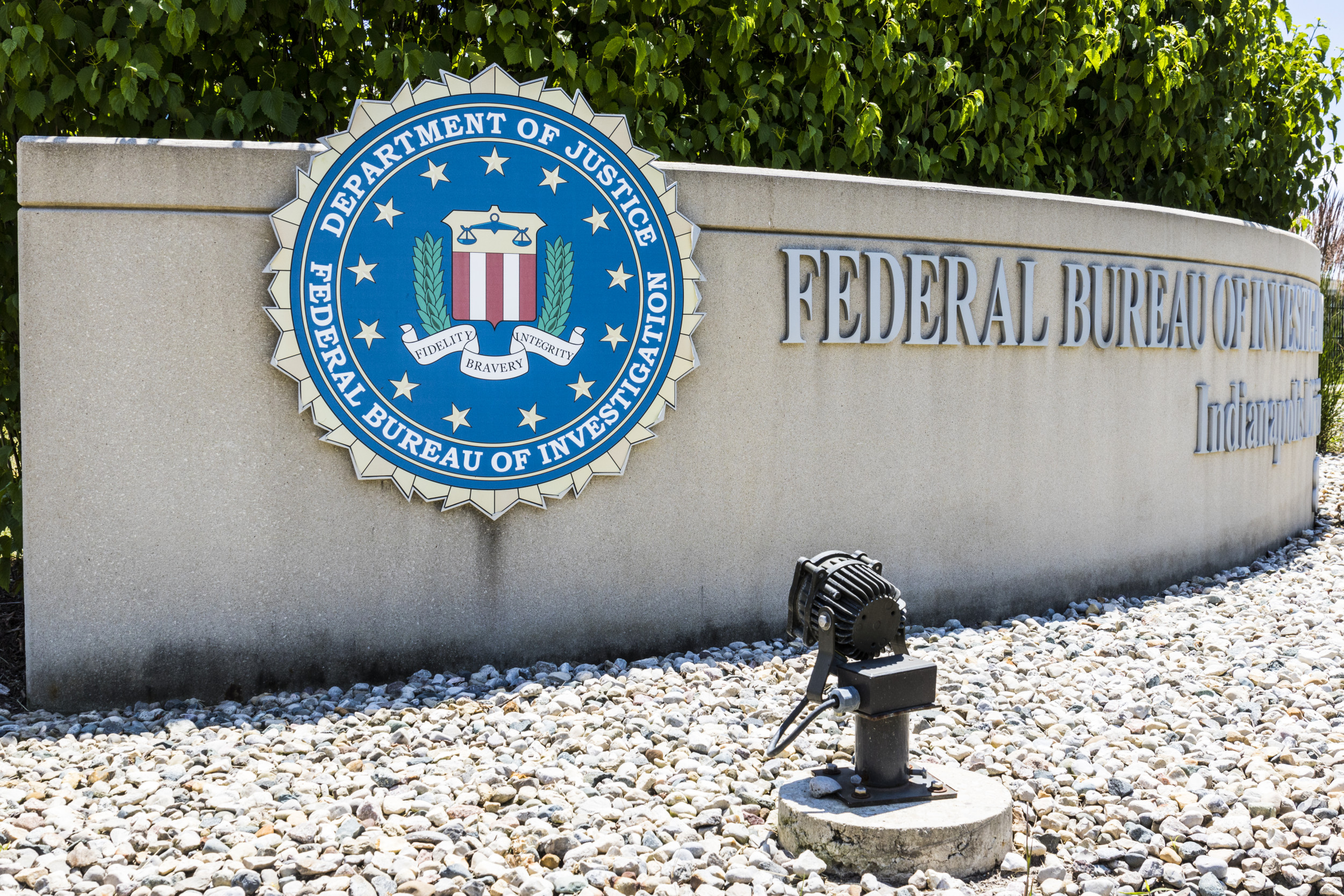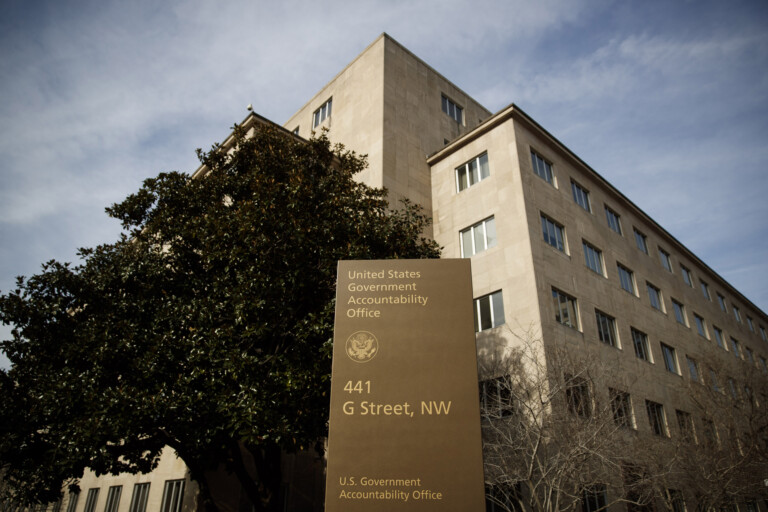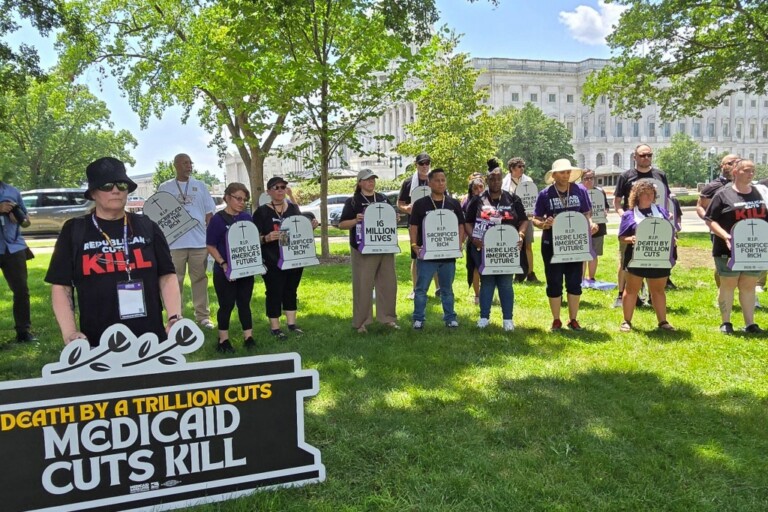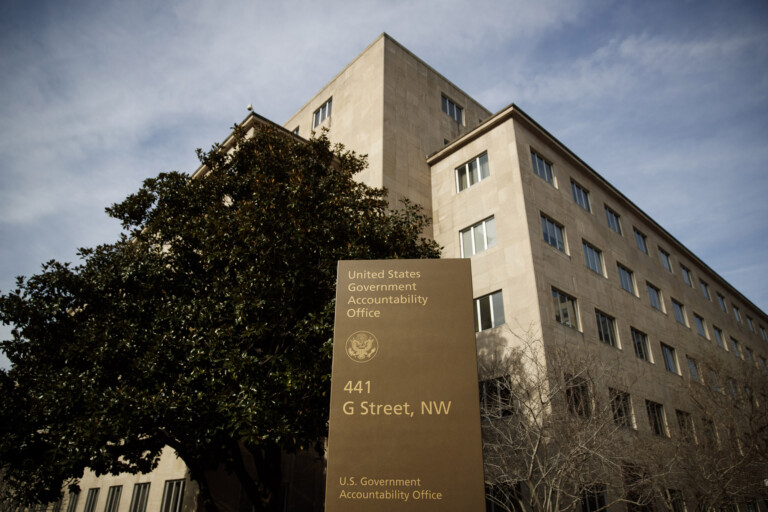FBI Issues New Warning Over Health Insurance Scams
The FBI has issued an alert about the growing threat of discount medical insurance scams which have resulted in millions of dollars in losses for unsuspecting consumers.
Fraudsters typically target individuals seeking more affordable health care plans, and the scams often begin with unsolicited calls, text messages, or emails.
Victims are pressured to sign up quickly under the guise of special, limited-time offers, and are sometimes promised free services that later come with hidden fees.
Why It Matters
In many cases, these plans offer no real medical coverage. Victims frequently discover the truth after attempting to use their new “insurance” for medical services, only to be left responsible for the full costs themselves. They have described experiences of being misled and abandoned once problems surfaced.
The impact on victims can be severe. Policyholders who believed they were protected often faced unexpected medical bills that they had to pay entirely out of pocket. Some customers also reported unauthorized charges to their bank accounts.
What to Know
The scams come in various forms and have affected people in multiple states. Authorities in Washington state recently took action, issuing a cease-and-desist order against one discount insurance company after receiving more than 100 complaints.
The company had falsely advertised its plans as legitimate, misrepresented coverage options, and failed to issue promised refunds.
A couple in Pennsylvania thought they were signing up with a national insurance provider having been pressured to act fast or miss out on discounted rates. After an emergency room visit, they learned their plan did not cover any of the expenses.
Another individual, again in Pennsylvania, was promised a refund on their existing plan after switching to a cheaper option. The refund never arrived, and the new provider became unreachable.
Getty Images
In Texas, a senior citizen was lured by an advertisement offering aid for gasoline and groceries. The aid was tied to enrolling in a dental plan, which proved impossible to cancel, forcing the individual to cancel their credit card to stop charges.
A Maryland resident paid for an entire year of health insurance up front after being told it would cover local doctors and hospitals. He later faced a $7,000 surgery bill after learning the policy was not accepted.
Steve Weisman, cybersecurity expert and editor of the Scamicide newsletter, told Newsweek that those with prexisting conditions, such as the elderly, were more vulnerable to these types of scams.
“Many of these scams target older Americans,” Weisman said. “It is easy to get lists of the names of older people, who as a group are significant users of medical services and are responsive to offers for discounted medical care.
“In addition, research at the University of Iowa found changes in a part of the aging brain that controls belief and doubt thereby making older people less skeptical and therefore more likely to be scammed due to their being more trusting and less skeptical.
“Like so many scams, they appeal to fear and needs, offering often a too good to be true solution. Often what the scammers are selling is not medical insurance, but medical discount programs.”
What People Are Saying
In a statement, the FBI said: “Health care fraud is not a victimless crime. It affects everyone—individuals and businesses alike—and causes tens of billions of dollars in losses each year. It can raise health insurance premiums, expose you to unnecessary medical procedures, and increase taxes.
“These scams often target people who are looking for more affordable health care options and use misleading tactics such as stating to be a legitimate medical insurance provider, pressuring people to sign up quickly due to time limited special rates, or promising free services with hidden fees to lure people to sign up.”
What’s Next
The FBI urges individuals who believe they have been targeted by similar scams to file reports with the Internet Crimes Complaint Center at www.ic3.gov. Victims should include as much information as possible, such as company names, contact details, and other identifying information.
For questions about legitimate health coverage options, the public is advised to visit www.Medicare.gov or call 1-800-MEDICARE (1-800-633-4227).
Update 5/7/25, 3:26 a.m. ET: This article was updated with comment from Steve Weisman.






